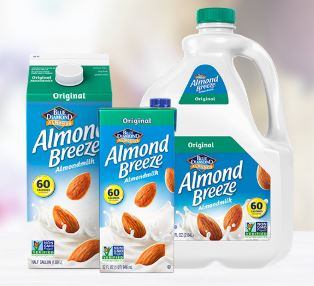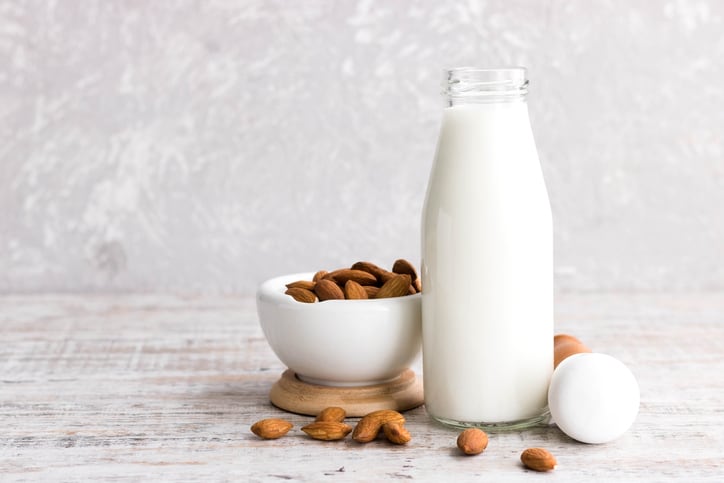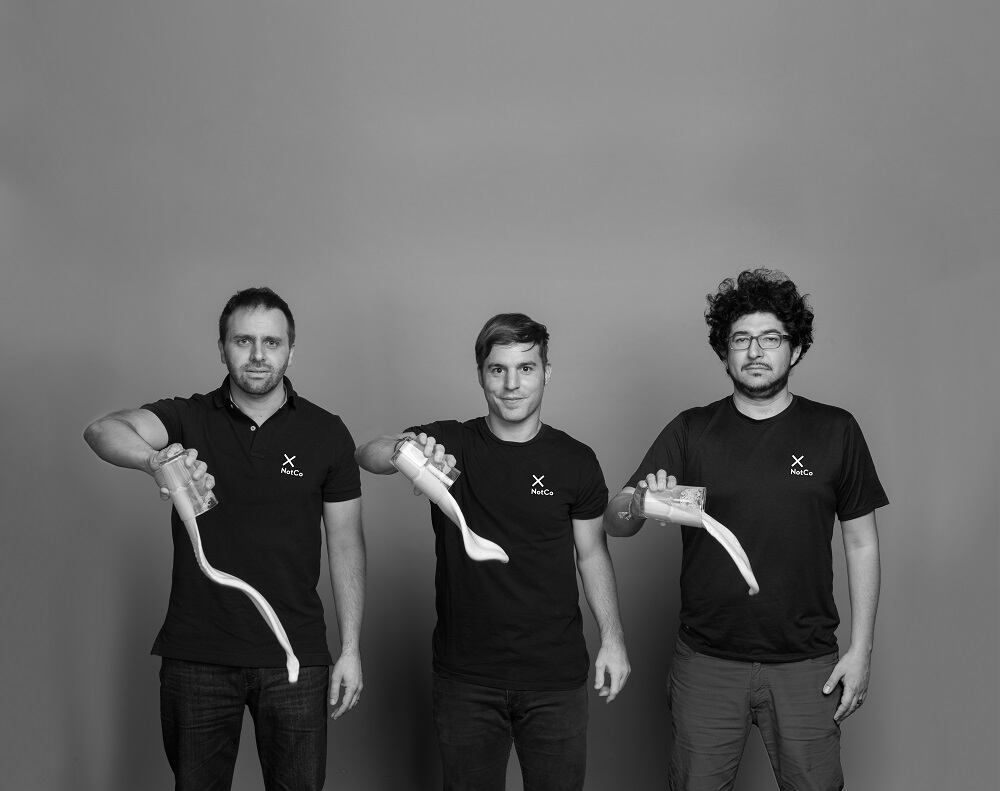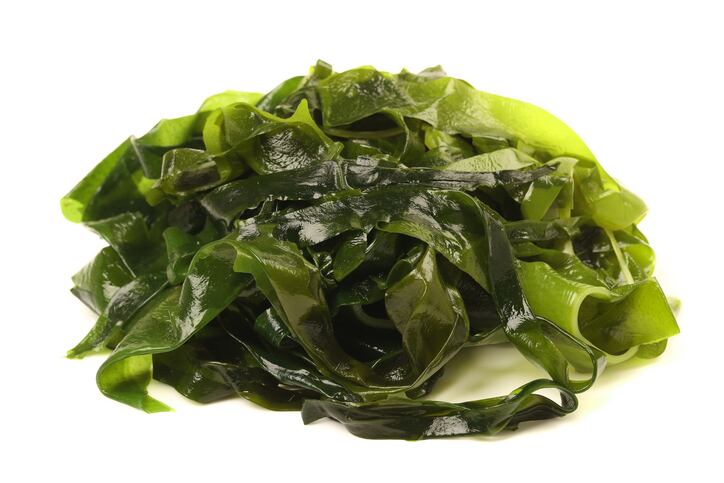The multi-year license agreement relates to Blue Diamond Growers' Almond Breeze drinks.
Under the strategic partnership, Blue Diamond Growers will supply the almonds and provide technical and quality control advice while Grupo LaLa produces and distributes the product using its “local and regional market knowledge".
The first products are expected to hit shelves in the first quarter of 2019.
Mauricio Leyva, who took over as CEO of Grupo Lala in September last year, said the partnership would strengthen Grupo LaLa’s protein-based portfolio.

“This also reinforces our premiumization strategy to offer customers a diverse range of healthy and nutritious options,” he added. “I am confident that partnering with the global almond leader, complemented by our LALA's strong commercialization capabilities, will result in a successful long-term relationship that could continue to expand into other categories in the future."
Grupo Lala already has a plant-based, non-dairy range under its Soy Vita brand with three SKUs: coconut milk, almond milk, and 'three nuts', a blend of almond, macadamia, and cashew.
However, it said the Blue Diamond addition to its portfolio would help it target two different market segments.
Almond Breeze would enable expansion into the premium market while Soy Vita would continue to serve the “mainstream, value market”, it said.
Mark Jansen, the president and CEO of Blue Diamond Growers, said Mexico was a key market in Latin America and “one of the most relevant” for the Blue Diamond’s growth.
The California-headquartered supplier and manufacturer said it has been making “significant investments” in developing its international business.
Financial results
Grupo Lala manufactures milk, dairy products and beverages in its home market of Mexico as well as Brazil, the US and Central America.
Yesterday it released its full-year results, reporting gross profit of MXN$26.5bn (US$1.38bn), an increase of 13.4% on 2017.
Leyva said: "We are focusing and restructuring ourselves for growth, […] concentrating our efforts on creating value behind revenue management, innovation, and zero-based budgeting to drive a virtuous cycle. We have initiated new strategic and digital alliances that will reinforce our short- and long-term growth strategy.
“During the fourth quarter, we started seeing some progress on margin recovery in Lala's key markets, Mexico and Brazil, delivered break-even EBITDA results for the first time since the acquisition in the US, a material upswing in Net Income and produced an overall improvement in our working capital indicators at the group level."
While net sales in Mexico grew 4.9%, they increased by 10.3% in the US in MXN terms and by 10% Brazil in BRL terms.
The group put its strong performance in Brazil down to price increases (brought in to counter inflation), a successful marketing campaign for its Vigor brand (a 2017 acquisition) and a “fast-growing and profitable” cheese category. Market share of requejão in particular, a ricotta-like cheese, expanded significantly.
To further drive growth in Brazil’s profitable cheese category, the group will invest R$70m to quadruple its storage capacity of Parmesan Cheese products by the end of 2019.
Political unrest in Nicaragua dents CAM sales
Sales in Central American, however, took a hit in 2018, falling 9.4%. It attributed this to a decline in Nicaragua due to the political situation there as other countries in the region improved.
To protect itself from further negative fall-out, the company began building a new factory in Guatemala last year and Costa Rica this year.
“Going forward, [our] Central American operations are therefore no longer solely dependent on Nicaragua for the production and supply of key products, including milk and ice cream,” it said.



